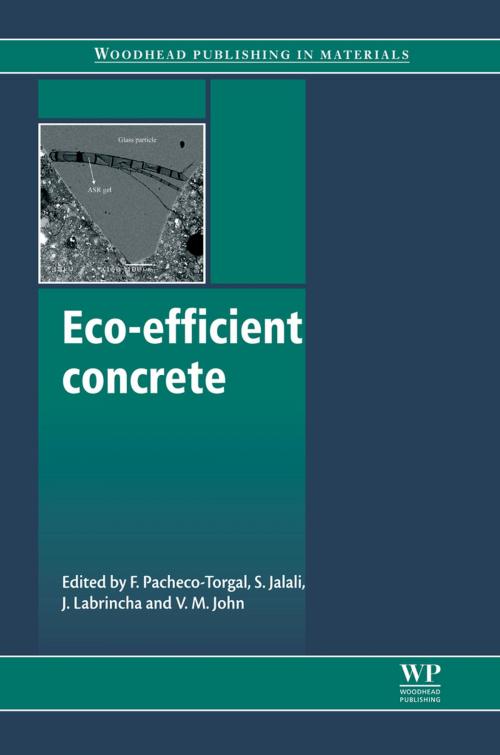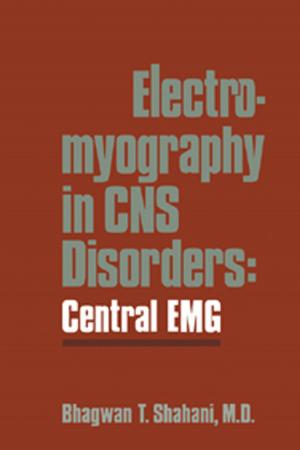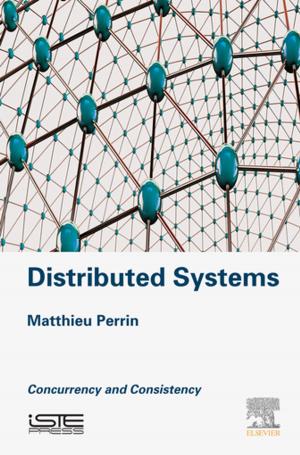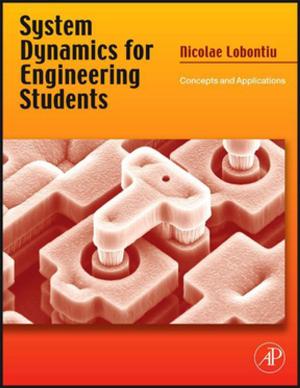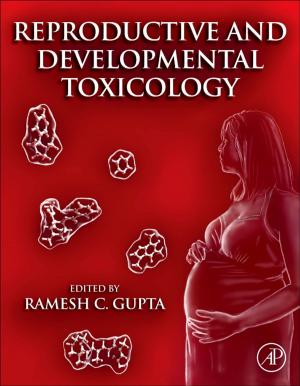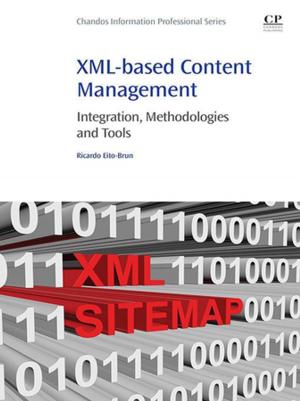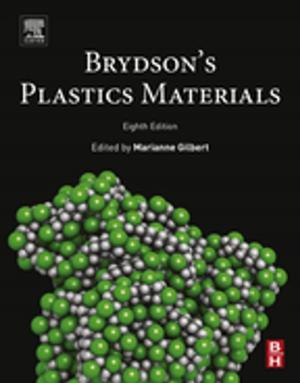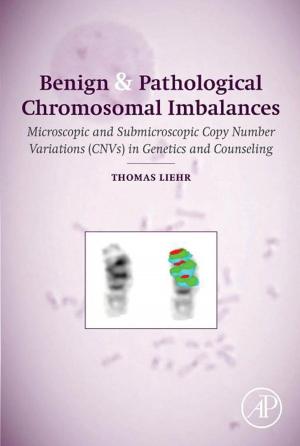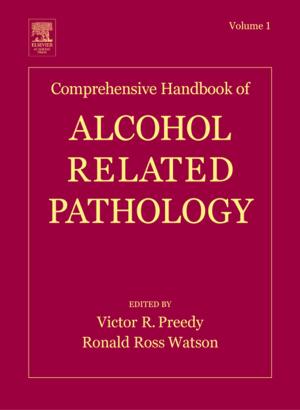| Author: | ISBN: | 9780857098993 | |
| Publisher: | Elsevier Science | Publication: | February 4, 2013 |
| Imprint: | Woodhead Publishing | Language: | English |
| Author: | |
| ISBN: | 9780857098993 |
| Publisher: | Elsevier Science |
| Publication: | February 4, 2013 |
| Imprint: | Woodhead Publishing |
| Language: | English |
Eco-efficient concrete is a comprehensive guide to the characteristics and environmental performance of key concrete types.
Part one discusses the eco-efficiency and life cycle assessment of Portland cement concrete, before part two goes on to consider concrete with supplementary cementitious materials (SCMs). Concrete with non-reactive wastes is the focus of part three, including municipal solid waste incinerator (MSWI) concrete, and concrete with polymeric, construction and demolition wastes (CDW). An eco-efficient approach to concrete carbonation is also reviewed, followed by an investigation in part four of future alternative binders and the use of nano and biotech in concrete production.
With its distinguished editors and international team of expert contributors, Eco-efficient concrete is a technical guide for all professionals, researchers and academics currently or potentially involved in the design, manufacture and use of eco-efficient concrete.
- The first part of the book examines the eco-efficiency and life cycle assessment of Portland cement concrete
- Chapters in the second part of the book consider concrete with supplementary cementitious materials, including properties and performance
- Reviews the eco-efficient approach to concrete carbonation
Eco-efficient concrete is a comprehensive guide to the characteristics and environmental performance of key concrete types.
Part one discusses the eco-efficiency and life cycle assessment of Portland cement concrete, before part two goes on to consider concrete with supplementary cementitious materials (SCMs). Concrete with non-reactive wastes is the focus of part three, including municipal solid waste incinerator (MSWI) concrete, and concrete with polymeric, construction and demolition wastes (CDW). An eco-efficient approach to concrete carbonation is also reviewed, followed by an investigation in part four of future alternative binders and the use of nano and biotech in concrete production.
With its distinguished editors and international team of expert contributors, Eco-efficient concrete is a technical guide for all professionals, researchers and academics currently or potentially involved in the design, manufacture and use of eco-efficient concrete.
- The first part of the book examines the eco-efficiency and life cycle assessment of Portland cement concrete
- Chapters in the second part of the book consider concrete with supplementary cementitious materials, including properties and performance
- Reviews the eco-efficient approach to concrete carbonation
